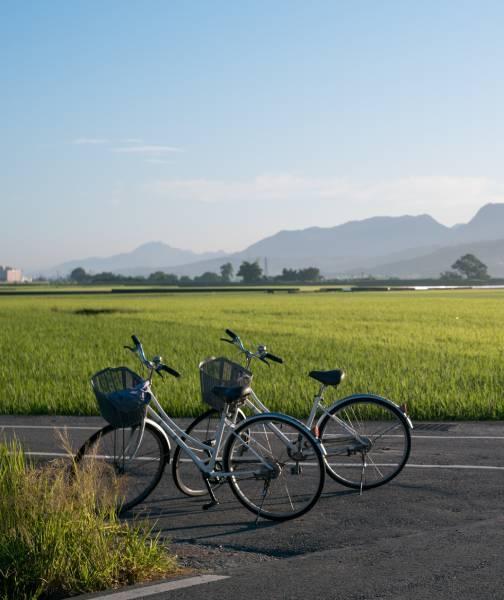This guide promotes the seven principles of LEAVE NO TRACE ethics for minimal impact travel while Mountain Biking.
This guide is intended to help individual recreational and commercial Mountain Bikers; tour operators and their clients improve their environmental management and reduce their environmental impact on the land.
IMPORTANCE:
Minimal Impact techniques are not only important to environmental protection and future of the wilderness but also to the satisfaction and positive experience of the outdoor enthusiast.
Plan Ahead and Prepare
- Know the regulations and special concerns for the area you wish to visit.
- Schedule your trip to avoid times of high use.
- Visit in small groups.
- Account for your fitness level and those in your group.
- Always carry maps and know how to read them.
- Ensure that someone at home knows your itinerary.
- Prepare for extreme weather, hazards and emergencies.
- Where a helmet and carry adequate clothing.
- Check your bike before your ride and carry a repair kit.
- Carry food for longer rides and repackage food to minimise waste.
- Carry plenty of water/ water purification tablets.

Dispose of Waste Properly
- Take your rubbish home, including organics– “pack it in, pack it out.”
- Help protect water supplies by using existing toilets at campsites.
- Where there are no toilets, deposit solid, human waste in cat-holes dug 10-15 cm deep at least 100 m from water, camp and the track. Cover and disguise the hole when finished.
- Pack out all personal hygiene products.
- Wash 100 m from streams or lakes and if necessary use only small amounts of biodegradable soap.
Travel and Camp on Durable Surfaces
- Ride only on the track.
- Don’t detour – dismount and walk instead.
- Brake gently before corners and avoid skidding to protect the track surface from erosion.
- Avoid regeneration areas and places where impacts are just beginning.
- Avoid cutting corners. Don’t widen tracks.
- Avoid mud and soft entrances/exits around water to reduce erosion.
- Camp only in designated sites along the track.
- Concentrate use on existing tracks and campsites.
- Camp away from watercourses.
Leave What You Find
- Keep your tyres clean from the start and help prevent the spread of diseases like dieback fungus.
- Avoid introducing or transporting non-native species.
- Check your clothes, bike and body for seeds before and after you ride.
- Leave artefacts and historical items where and as you find them.
- Leave rocks, plants and other natural objects where and as you find them.
- Clean your tyres when you have finished especially if you have ridden through areas suspected of die back fungus.

Minimise the Impact of Fire
- Fires can cause lasting impacts to the bush.
- Check area regulations for fire bans.
- Use a lightweight fuel stove for cooking and enjoy a candle or gas lantern for light.
- Where fires are permitted, use established fire rings, fire pans, or mound fires. Do not create new fire-pits.
- Keep fires small. Wood is a habitat for fauna and birds. Use only small sticks that can be broken by hand.
- Burn all wood and coals to ash. Put the fire out completely. Clean out campfires rings after use.
- Consider using candles for light instead of fire. Don’t leave wax residue.
- Be careful of improper cigarette butt disposal. Take butts with you.
Respect Wildlife
- Stick to the track.
- Observe wildlife from a distance. Do not follow or approach them.
- Travel quietly.
- Avoid wildlife especially during sensitive times: mating, nesting or when with their young.
- Never feed native animals.
- Protect wildlife and your food by storing meals and rubbish securely.
- Control pets at all times or leave them at home. Check regulations.
Be Considerate of Your Hosts and Other Visitors
- Check with landowners/managers for permission, permits and regulations.
- Respect signage and follow rules.
- Respect other visitors and the quality of their experience.
- Travel in smaller groups.
- When descending, yield to climbing cyclists.
- Be careful and in control.
- Slow down where there are blind spots.
- Be courteous. Give way to other users.
- Stop, talk quietly and move off the track if there are horseback riders.
- Don’t race on recreational tracks.
- Take breaks and camp away from tracks and other visitors.
- Let nature’s sounds prevail. Avoid loud voices and noises.

